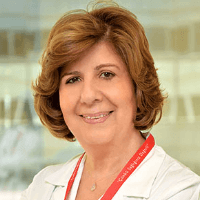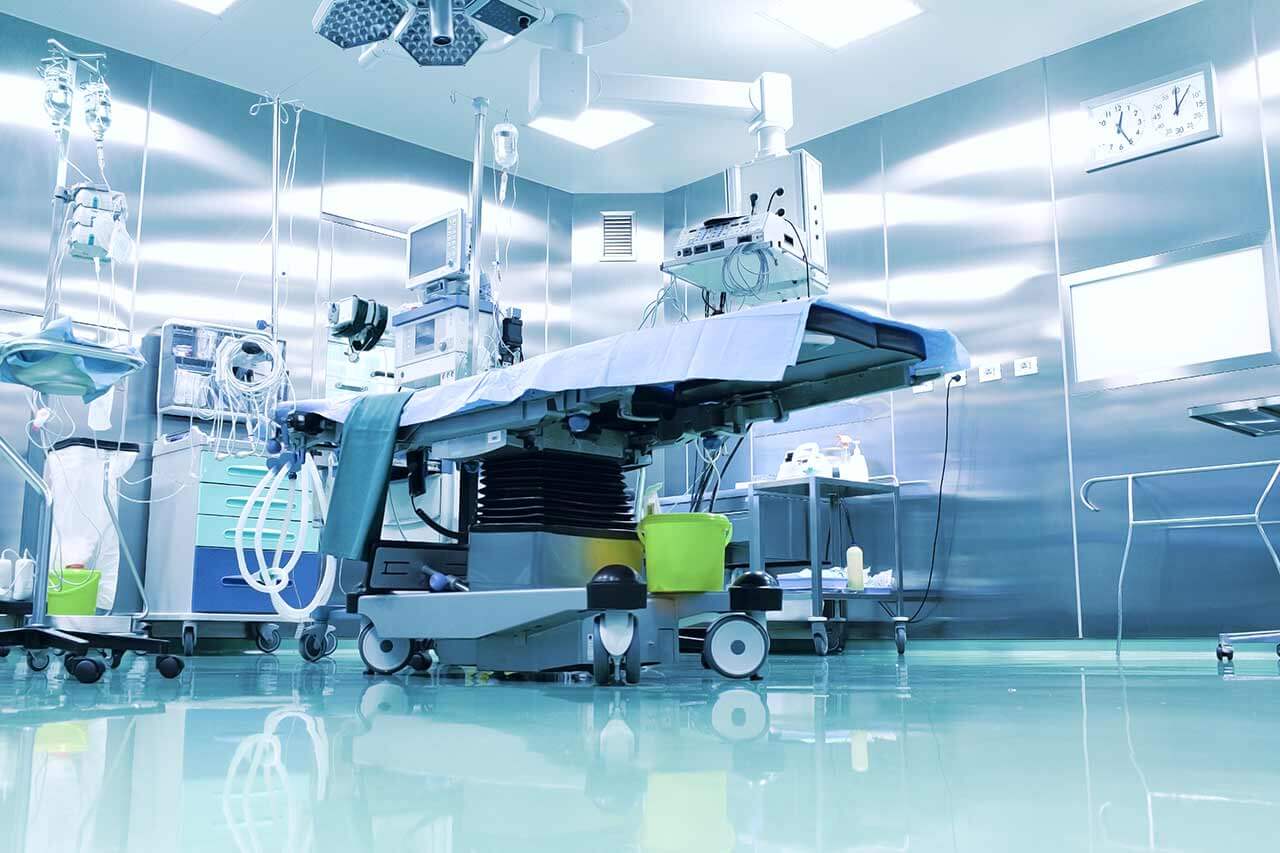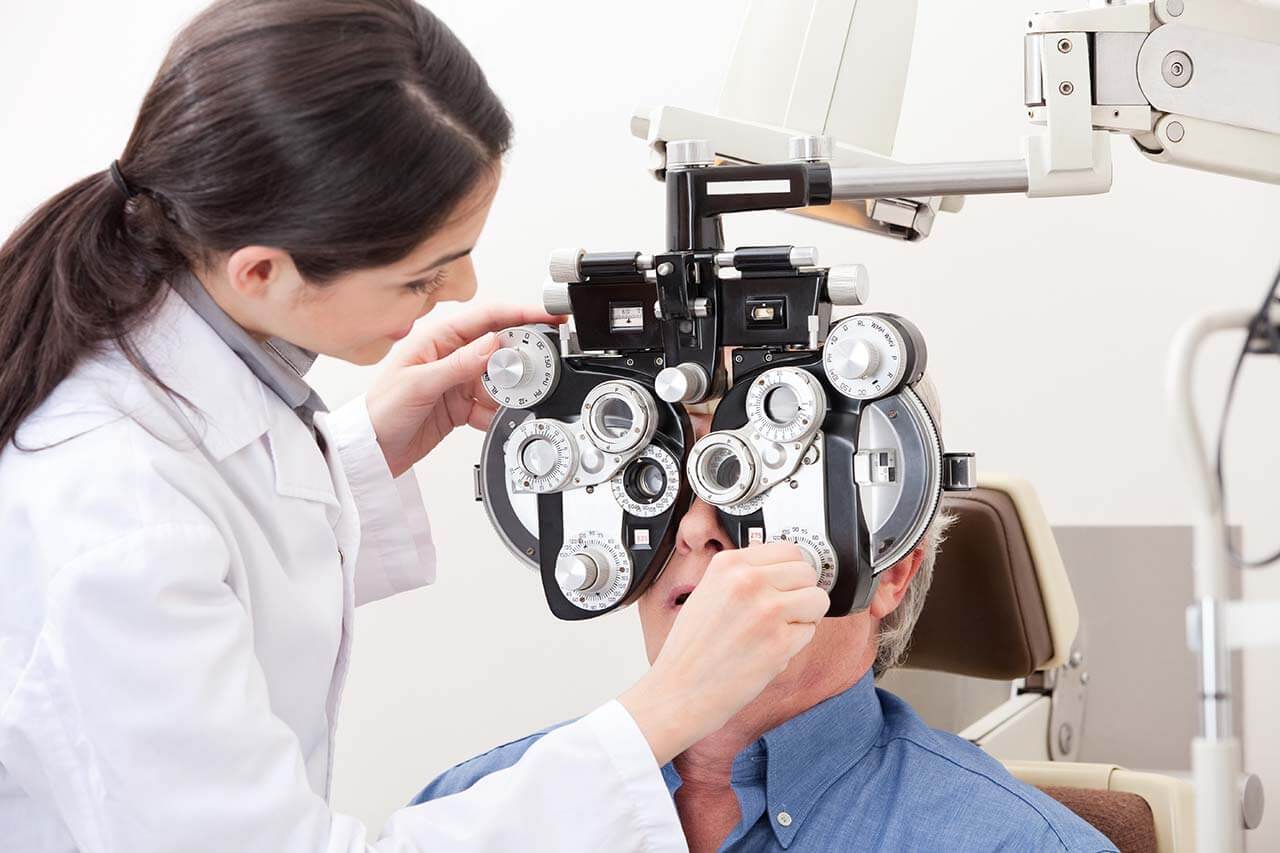
The program includes:
- Initial presentation in the clinic
- clinical history taking
- review of medical records
- physical examination
- laboratory tests:
- complete blood count
- general urine analysis
- biochemical analysis of blood
- inflammation indicators (CRP, ESR)
- indicators blood coagulation
- neurological examination
- CT/MRI scan
- neuropsychological tests (on indications):
- ENMG (electroneuromyography)
- EEG (electroencephalography)
- SEPs (somatosensory evoked potentials)
- VEPs (visually evoked potentials)
- BAEP tests (brainstem auditory evoked potential)
- consultation of related specialists
- symptomatic specific treatment
- the cost of essential medicines and materials
- nursing services
- control examinations
- full hospital accommodation
- developing of further guidance
Required documents
- Medical records
- MRI/CT scan (if available)
Service
You may also book:
 BookingHealth Price from:
BookingHealth Price from:
About the department
The Department of Neurology and Epileptology at the Memorial Sisli Hospital Istanbul offers the full range of medical services for the diagnostics and treatment of diseases of the central and peripheral nervous system. The department successfully uses modern and most effective treatments for headache, movement disorders, cerebrovascular diseases, epilepsy, back pain, muscle pain, dizziness, dementia and other neurological pathologies. To provide the accurate diagnostics, the department has a huge arsenal of high-precision studies, including electroencephalography, electromyography, recording of evoked potentials, radiography, computed and magnetic resonance imaging, ultrasound Doppler scanning of the vessels of the head and neck, etc. A highly qualified team of experienced doctors takes care of the health of the nervous system of patients. Most of them have undergone postgraduate training in renowned medical centers in America and Europe, thanks to which they have unique skills and deep knowledge in their field of competence. The Chief Physician of the department is Prof. Dr. med. Feza Deymeer.
When a patient is admitted to the clinic, his attending physician conducts a consultation, during which he asks the patient about his complaints, studies his anamnesis and assesses the neurological status. The anamnesis, neurological and general clinical examinations of the patient give the doctor enough data to make a preliminary diagnosis, but additional studies are required to confirm it. These may include imaging diagnostics using radiography, CT and MRI scans, cerebral angiography, lumbar puncture and other diagnostic tests. After assessing all the diagnostic results, the doctor makes the final diagnosis and develops the optimal treatment regimen. In especially complex clinical cases, the specialists in the field of neurosurgery and neuroradiology can be involved.
The department's priority focus is on the treatment of cerebrovascular diseases, which can lead to irreversible changes in the functioning of the brain or even cause death. The specialists mostly have to deal with a stroke. The department's therapeutic options include both drug treatment and endovascular procedures to eliminate cerebrovascular accidents. Since the successful treatment of stroke and the prevention of its consequences requires the prompt organization of medical care, therapy is urgent. The department has all the necessary diagnostic and therapeutic equipment for the quick diagnostics and timely initiation of therapy. Most stroke patients are treated with antiplatelet therapy, anticoagulant therapy, and undergo endovascular interventions to place a stent or remove a blood clot by inserting a catheter into a major artery. After all the therapeutic measures, the patient requires professional neurological rehabilitation.
The department's team of neurologists has a unique experience in epilepsy treatment. The pathology leads to the impaired brain functioning, causes seizures and loss of consciousness. To diagnose epilepsy, the doctors conduct studies, such as electroencephalography, laboratory tests, and functional magnetic resonance imaging. The department's specialists always try to provide treatment using conservative methods, such as drug therapy and/or vagus nerve stimulation. However, particularly complex clinical situations require a surgical intervention, which is performed in the Department of Neurosurgery. The treatment tactics are developed for each patient individually, taking into account his clinical indications, needs and wishes. The department's specialists provide effective medical care at any stage of the disease and make every effort to improve the quality of life of the patient suffering from epilepsy.
The competence of the department's doctors also includes the treatment of neuromuscular disorders, which is provided within a specialized center. The use of an integrated approach and innovative methods of therapy allows the department's specialists to successfully cure such diseases as muscular dystrophies, myopathy, myositis, myalgia, neuropathy, myasthenia gravis and others. To identify neuromuscular disorders, the department's specialists conduct diagnostic tests such as electromyography, blood tests, muscle biopsy and genetic tests.
In addition, the department's neurologists provide effective treatment for Parkinson's disease and Alzheimer's disease, which most often affect the elderly. Parkinson's disease cannot be completely cured, but the use of the very latest therapeutic developments and drugs of the last generation helps relieve the symptoms of the disease and achieve long-term remission. In addition to drug therapy, the department's team of neurologists successfully uses transcranial magnetic stimulation. The procedure is absolutely painless, but at the same time it allows reducing the severity of tremor, which is one of the main symptoms of the pathology. Alzheimer's disease is also incurable, so the main goal of treatment is to relieve symptoms and improve the patient's quality of life. For these purposes, the department's specialists competently combine modern medicines with electromagnetic therapy.
The department's range of medical services includes:
- Diagnostics and treatment of cerebrovascular diseases
- Intracerebral hemorrhage
- Ischemic and hemorrhagic stroke
- Diagnostics and treatment of epilepsy
- Diagnostics and treatment of neuromuscular disorders
- Becker muscular dystrophy
- Duchenne muscular dystrophy
- Myotonic dystrophy
- Congenital myopathies
- Metabolic myopathies
- Mitochondrial diseases
- Polymyositis
- Inflammatory muscle diseases
- Diagnostics and treatment of headaches, including migraines
- Diagnostics and treatment of peripheral nerve disorders
- Diagnostics and treatment of multiple sclerosis
- Diagnostics and treatment of Parkinson's disease
- Diagnostics and Treatment of Alzheimer's disease
- Diagnostics and treatment of brain and spinal cord tumors
- Diagnostics and treatment of sleep disorders
- Diagnostics and treatment of dizziness
- Diagnostics and treatment of other neurological disorders
Curriculum vitae
Professional Career
- Since 2016 Head of the Department of Neurology and Epileptology at the Memorial Sisli Hospital Istanbul.
- 1996 Associate Professor at the Faculty of Medicine, Istanbul University.
- 1996 - 2016 Professor for Neuromuscular Diseases, Faculty of Medicine, Istanbul University.
- 1986 - 1988 Neurologist, Faculty of Medicine, Istanbul University.
Higher Education and PostgraduateTraining
- 1991 - 1992 Internship, Minor Specialist in Electromyography, Lahey Hospital & Medical Center, USA.
- 1984 - 1985 Internship, Minor Specialist for Electroencephalography, University of Massachusetts, USA.
- 1982 - 1984 Specialized Training in Epidemiology / Research Fellow in Neuroepidemiology, Faculty of Public Health, Harvard University, USA.
- 1978 - 1982 Specialized training in Neurology, University of Massachusetts, USA.
- 1971 - 1977 Study of Human Medicine, Faculty of Medicine, Istanbul University.
Awards and Honors
- Gaetano Conte Academy Award, Mediterranean Society of Myology.
Memberships in Professional Societies
- Istanbul Medical Chamber.
- Turkish Neurological Society.
- American Academy of Neurology.
Photo of the doctor: (c) Memorial Şişli Hospital
About hospital
The Memorial Sisli Hospital Istanbul is the largest and leading medical complex in Turkey, which meets the highest standards of medical care when providing the advanced diagnostics and treatment using the very latest methods. The hospital is part of the Memorial Health Group – it was the first project of this provider of medical services. The medical center opened its doors to the first patient in 2000. The hospital became the first in Turkey and the twenty-first in the world holder of the JCI (Joint Commission International) accreditation certificate. Only the best and the most reputable hospitals in the world medical arena can receive this certificate.
The hospital has 292 beds for patient hospitalization. The surgical treatment is performed in 13 high-tech operating rooms. The medical complex also has 4 intensive care units, 3 state-of-the-art laboratories, specialized centers, including the In Vitro Fertilization Center, the Transplant Center, the Center for Genetic Diseases, the Bone Marrow Transplant Center, the Robotic Surgery Center, the Cancer Center and others.
The hospital has achieved particular success and international recognition in such medical fields as ophthalmology, reproductive medicine, plastic surgery, cardiology and cardiac surgery, transplantology, genetics. The highly qualified doctors who have undergone professional training in the best hospitals in Turkey, Europe and the USA take care of the patients' health. The specialists have a tremendous clinical experience and thousands of saved lives.
It is worth noting that the medical complex has earned a strong reputation not only in Turkey, but also at the international level – the hospital holds consultations, provides diagnostics and treatment for patients from 92 countries.
Image: (c) depositphotos
Accommodation in hospital
Patients rooms
The patients of the Memorial Sisli Hospital Istanbul live in comfortable single or double rooms with all the necessary amenities. The patient rooms are made in a modern design. The standard patient room includes an automatically adjustable bed, a bedside table, a wardrobe for storing personal belongings, a telephone and a TV. Each patient room also has an ensuite bathroom with shower and toilet. The patient rooms have Wi-Fi.
Meals and Menus
The patient and the accompanying person are offered tasty and balanced three meals a day. If for some reason you do not eat all foods, you will be offered an individual menu. Please inform the medical staff about your food preferences prior to treatment.
Further details
Standard rooms include:
Accompanying person
During the inpatient program, the accompanying person can live with the patient in a patient room or a hotel of his choice. Our managers will help you choose the most suitable option.
Hotel
During an outpatient program, the patient can stay at the hotel of his choice. If desired, the patient can stay in a five-star hotel on the territory of the hospital. Our managers will help you choose the most suitable option.




